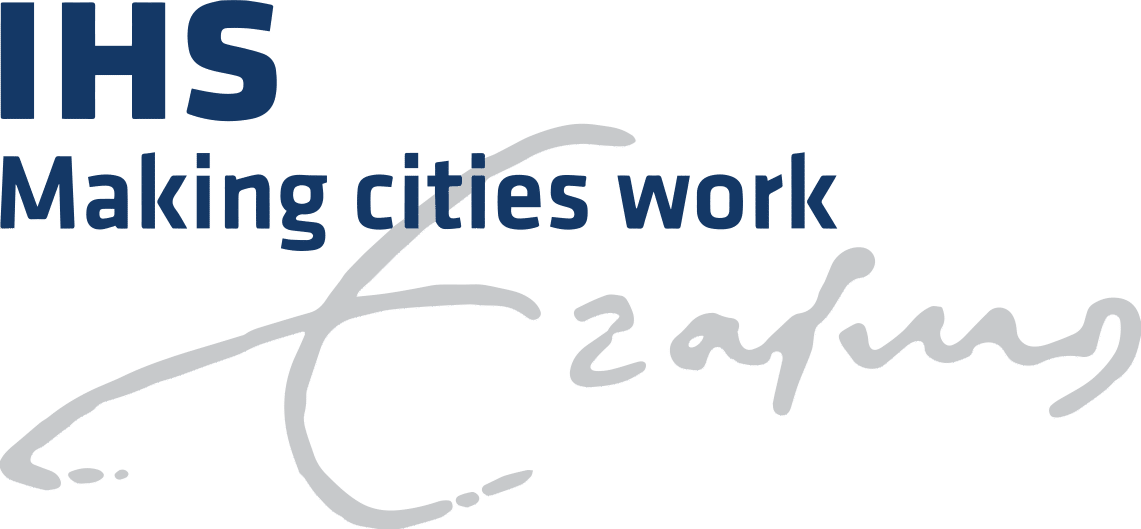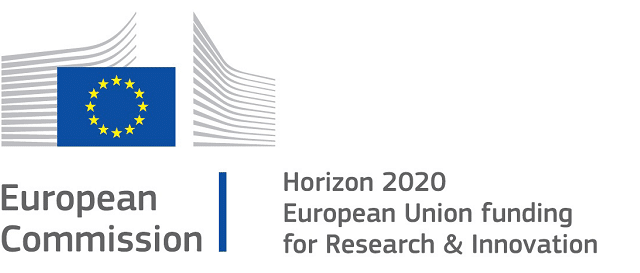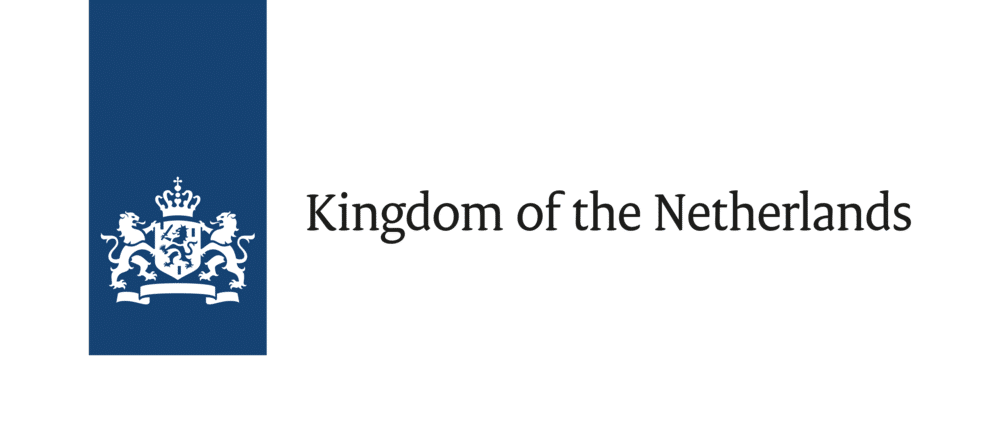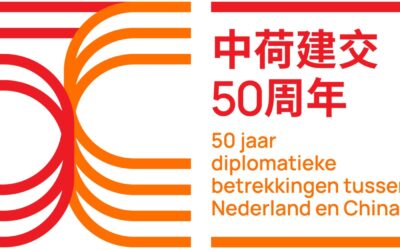Projects

Agri-and Horticulture
Management of natural resources
Governmental Relations

Health Care

Governmental Relations
Agri & Horticulture
The focus of the economic development in the past 20 years has mostly been on the industry and services sector. While the Chinese economy overall has been booming, the agriculture sector has been lagging behind for years. However, China is now developing its agriculture sector rapidly, partly stimulated by food scandals and the rapid urbanization creating challenges for the rural hinterland to supply the cities with safe and healthy food. Policies targeted on up-scaling and modernizing the sector are implemented. More and more high-tech greenhouses are appearing, and more and more knowledge is gained in operating them.
In the 13th five-year plan, Chinese policymakers have explicitly emphasized the modernization of the agricultural sector. Innovation, particularly in IT, rural income, and sustainable production, is at the core, and the government is investing heavily in these measures, often in the form of subsidies for innovative agricultural and horticultural projects.
Dutch Sino Business Promotions has accumulated extensive experience in the agro-horticultural sector. We connect Dutch horticultural technologies and companies with investors, governments, and organizations from China by facilitating business visits, introduction and matchmaking, in-depth consultancy services (market reports, mergers and acquisitions), and consortium management.










Management of natural resources
The rapid economic development in China over the past twenty years has led to enormous environmental challenges. Everyone has heard or experienced the severe smog generated by coal-fired power plants and the massive traffic congestion in Chinese cities. But what about other pollution and problems that are not visible to our eyes, such as soil and groundwater contamination, subsidence due to extensive extraction, vegetables grown on polluted land with an excessive amount of fertilizers and pesticides?
Moreover, the economic boom went hand in hand with rapid urbanization. In the 1950s, 13% of the Chinese population lived in cities. By 2010, the urbanization rate had risen to 45%, and it is estimated to reach 60% by 2030. Currently, 25 of the world’s 100 largest cities are located in China.
In China, the importance of addressing the country’s challenges has been recognized for several years. Most Chinese authorities realize that social stability and a healthy environment are interconnected and must be addressed from the early stages of industrial, agricultural, and real estate development.
Dutch environmental, water, and sustainable solutions have gained worldwide recognition and can be effectively applied in the Chinese market with mutually beneficial results. Dutch Sino Business Promotions has a deep understanding of this specific field and a well-established network.
We connect two worlds in this field by facilitating business visits, introductions and matchmaking, providing in-depth consultancy services (technology transfer, M&A), and managing consortia.








Governmental Relations
The Chinese government plays a significant and influential role in the Chinese economy and business activities. While the central government formulates fundamental policies such as the Five-Year Plans and determines the scope and framework of the economy and society, regional governments (provinces and municipalities) often have a significant influence on specific projects. Therefore, maintaining a healthy relationship with local governments can be highly beneficial for certain projects or businesses, especially for foreign SMEs.
The Netherlands maintains excellent governance relations with China, ranging from the highest level to city and provincial levels. In addition to bilateral diplomatic relations and multiple national agreements, 26 Dutch provinces and cities have established friendship ties with their Chinese counterparts. This kind of government support has significantly contributed to the success of Dutch companies’ business interests in China.
Since 2012, DSBP has been selected as a service provider by the province of Zuid-Holland to continue its Chinese activities. Additionally, Dutch Sino Business Promotions regularly works for the Ministry of Infrastructure and Environment, Rotterdam Municipality, Westland Municipality, Lansingerland Municipality, and semi-governmental organizations such as Innovation Quarter, Port of Rotterdam, etc. It has established excellent working relationships with the Dutch Embassy, Consulate, and NBSO offices in China.
Furthermore, over the years, DSBP has also built a large network among Chinese government organizations, including the Chinese Embassy in the Netherlands, Hebei Province, Yunnan Province, Shanghai Municipality, Shanghai Pudong New Area, Tianjin Economic-Technological Development Area (TEDA), Xiong’an New Area, Dezhou City, etc.





Health Care
Exploring Opportunities for Chinese Pharmaceutical Companies in the Netherlands
A strategic partnership between DSBP Consultants and LS Hu Holding establishes a robust platform for Chinese pharmaceutical companies aiming to enter the Dutch market. DSBP has extensive experience guiding Chinese trade delegations across sectors like agriculture and energy, while LS Hu Holding brings a wealth of expertise in pharmaceutical wholesale, retail, and regulatory registration.
This collaboration provides companies with all the essential tools needed to thrive in the European pharmaceutical market.
Key elements of the partnership:
- One-stop-shop solution: The partnership offers pharmaceutical companies a fully customized program that covers everything from market entry strategies to matchmaking with local businesses.
- The Netherlands as a springboard: Thanks to its strategic location and well-established pharmaceutical infrastructure, the Netherlands serves as an ideal gateway for expansion into Europe.
Logistics
DSBP has a strong track record of facilitating cross-border collaborations, attracting foreign investment, identifying strategic partners, and driving business development for our clients across Europe, the Middle East, and Asia.
With offices in two of the world’s largest ports—Rotterdam and Shanghai—and well-established relationships in key trade hubs like Singapore and Abu Dhabi, DSBP is strategically positioned to optimize trade flows.
Leveraging our extensive network across the financial, infrastructure, and logistics sectors in Asia and Europe, DSBP provides unparalleled support to clients, identifying critical stakeholders and guiding them at every stage of their journey.





